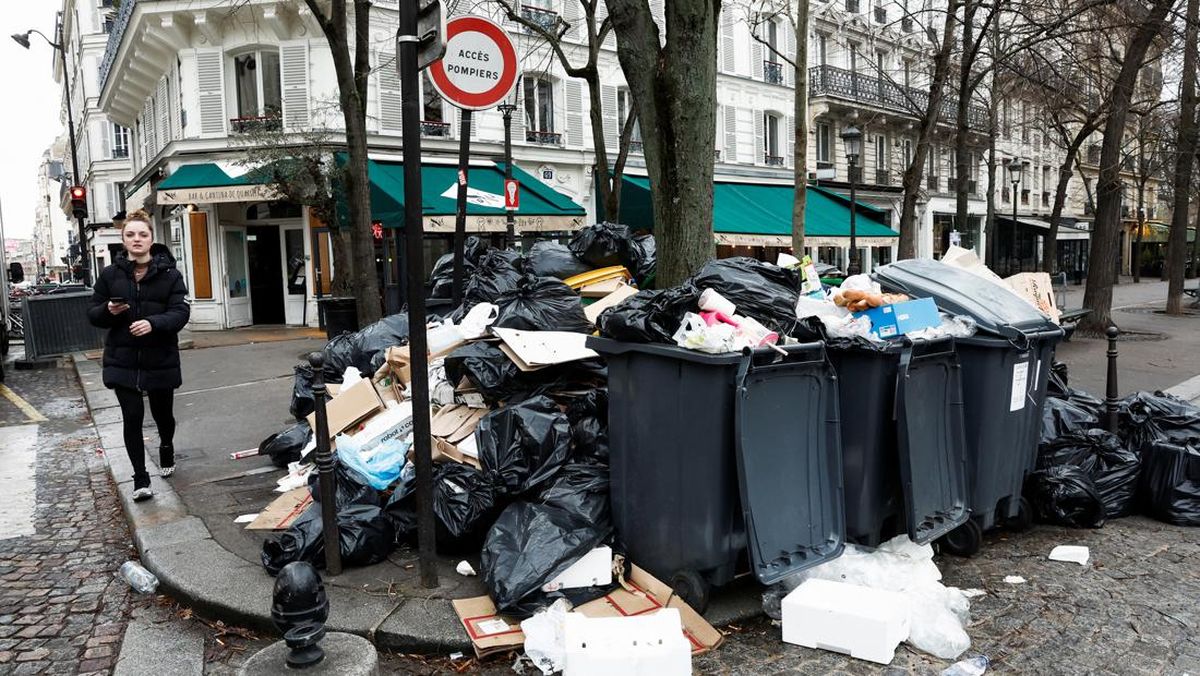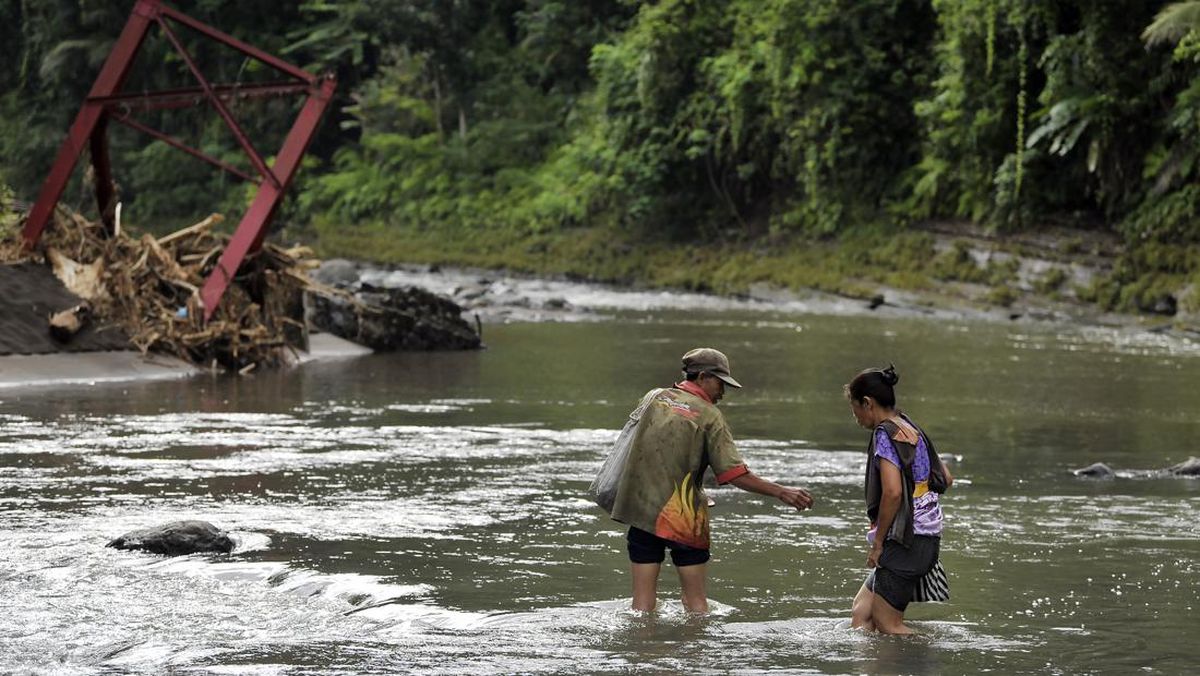When we talk about overtourism, we often think about overcrowding.
The ramparts of Dubrovnik in June. The Gothic quarter of Barcelona in July. Anywhere in Rome in August.
When I lived in Paris, it was in a picturesque street that attracted tour guides and huddles of tourists. As a recent arrival in the city, I fully understood that I had chosen to live in a touristy location.

Tourists crowd the Old Town of Dubrovnik, Croatia.Credit: Alamy
But what if I’d lived there all my life? I have friends in SoHo in New York who moved there 40 years ago when it was a quiet neighbourhood only popular with impoverished artists. These days they often can’t get out of their doorways because of the crowds gathered on their historic street.
These past weeks, we’ve seen the residents of several European cities, including Barcelona and Lisbon, demanding an end to mass tourism, which they blame for higher rents, homelessness, rising inequality and low wages.
Meanwhile American billionaire Jeff Bezos’ lavish $US50 million ($76 million) destination wedding was at the centre of protests by Venetians last week. The city is already exorbitantly expensive, and such global spectacles risk pushing up prices further, according to some locals.

Activists from “No Space For Bezos” hang a protest banner on the Rialto bridge in Venice on Friday.Credit: Bloomberg
Any thoughtful traveller gets this. It’s no fun for the residents, and it’s certainly not much better for independent tourists, most of whom would rather skip the crowds too.
But there’s an aspect of tourism that’s not discussed as often as overcrowding. And it’s worse. It’s touristification. That’s when popular tourist destinations are more oriented towards the desires of tourists than the needs of their residents.

An anti-tourism protestor shoots a water pistol on June 15, 2025 in Barcelona, Spain.Credit: Getty Images
Souvenir shops replace grocery stores. Boutiques selling UGG boots replace local shoe repairers. Airbnbs replace long-term accommodation. City parks get taken over by visitors. Electric scooters and Segways rule the roads and footpaths. Elderly people are shoved away from the places they usually sit and find it dangerous to walk their own streets. A charming little neighbourhood bar trends on TikTok and locals are forced to look elsewhere for a convivial place to gather with friends. Prices for basic goods spiral when tourists have more buying power due to stronger currencies.
Touristification is particularly bad for families, as landlords turn buildings with large apartments into rabbit warrens of smaller studios, designed for short-stay visitors.
When permanent residents are pushed out of their own city, it destroys social networks, some that go back for generations. This leads to feelings of dispossession, anger, and frustration, and has huge ramifications for communities’ collective mental health.
But no one is blaming the tourists for it. Even in angry Barcelona, despite a few water pistol squirts to make an impact, it’s the city authorities that are in their sights, for allowing commercial interests to kill the liveability of their streets. The protesters claim they don’t want to stop tourism, they want it to be less excessive. Considering that visitor numbers can swell a city’s population by 10 times in season, this doesn’t seem unreasonable.
Barcelona’s city government finally announced it would bar apartment rentals to tourists by 2028 to make the city more liveable for residents. There are currently more than 10,000 apartments used for short-term rentals, which gives you an idea of the extent of the problem.
Loading
Clearly, some individuals and corporations benefit more from tourism than others. “Their greed brings us ruin,” the placards say.
When I think about touristification, I think about natural resources, a hot subject in Australia. Who owns the resources of a nation? Do the people deserve to see a benefit when they are sold?
People are the natural resources of a city. It’s the efforts of the people who live there that help make a city worth visiting. It seems blatantly unfair when most can’t reap the benefits of tourism and, worse, have diminished lives because of it.
If you’re visiting a place that’s being loved to death, maybe think about bringing something to it yourself. Add value to people’s lives, and I don’t just mean buy things. Engage with them, strike up warm conversations, listen.
And don’t clog the footpaths.
Sign up for the Traveller newsletter
The latest travel news, tips and inspiration delivered to your inbox. Sign up now.
Most viewed on Traveller
Loading


















































